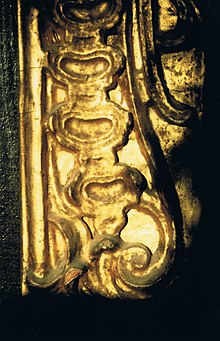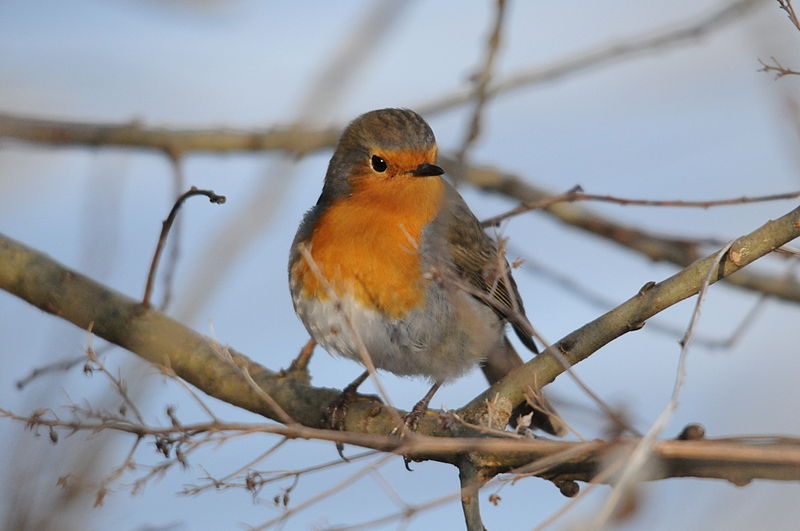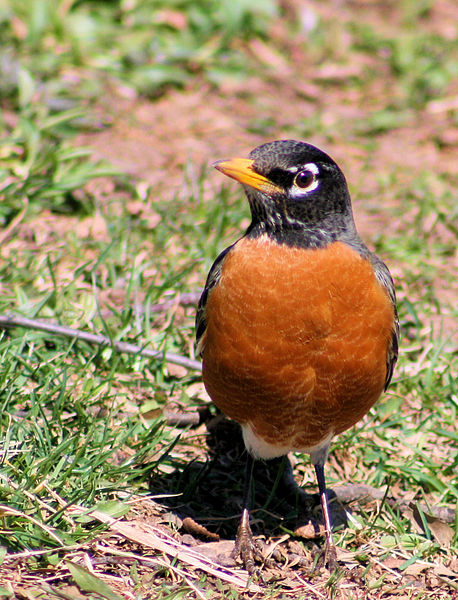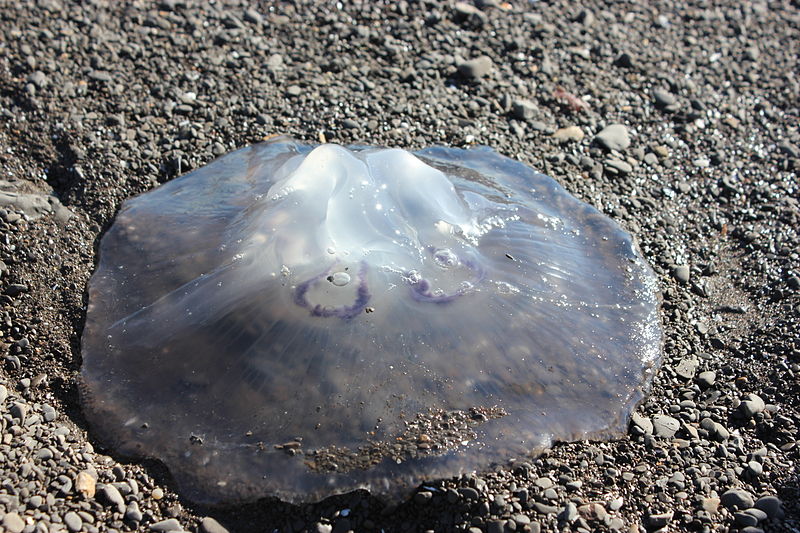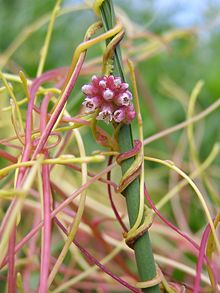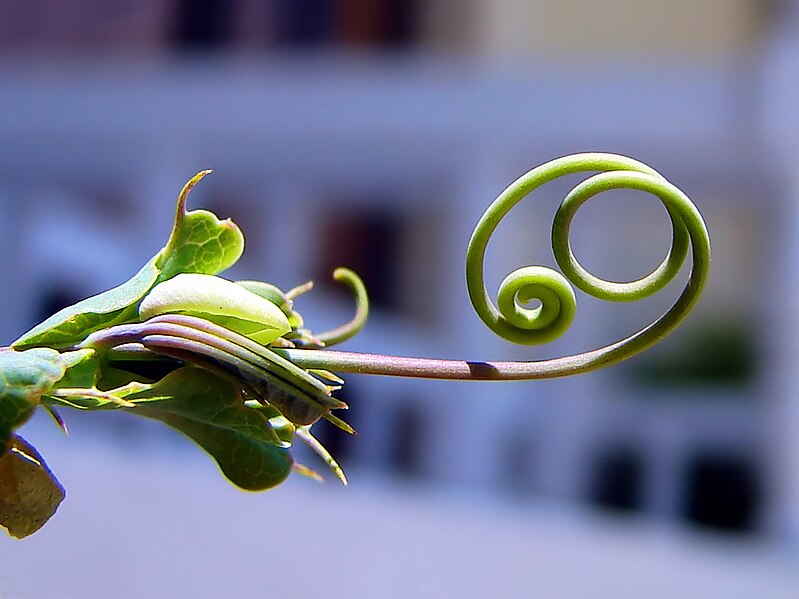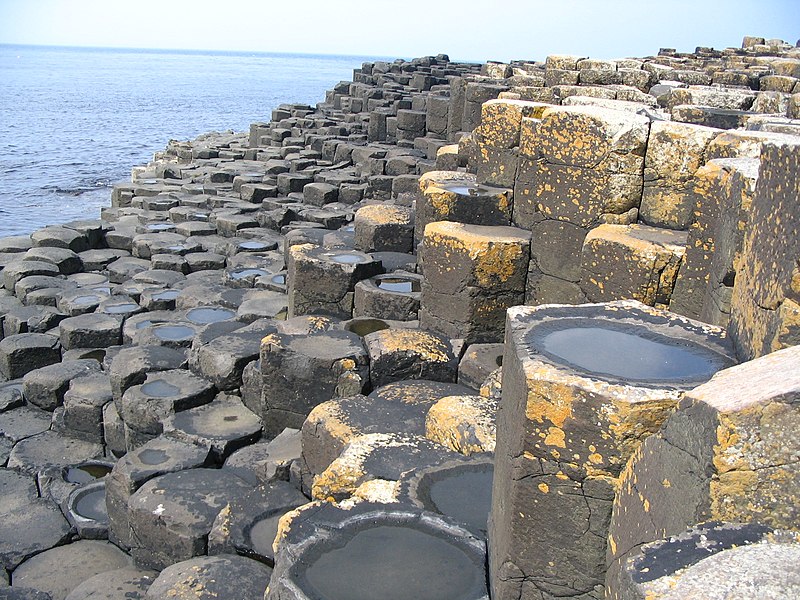Here’s a gentle word to ease us into the working week...
...tendril...
...it has an echo of tender, doesn't it, and tenderly is how we all need to be treated on a
Monday morning.
Tendrils are, luckily, all over the place. You can find them on
climbing plants – peas, or some pitcher plants:
They can be slightly sinister:
and I'm afraid the tendrils of parasitic cuscuta
plants:
have a sense of smell, so they can sniff out their prey - but, all the same, you can't deny that tendrils are elegant things:
If you live in a mighty concrete city then there will still be
tendrils around you. Look at the ears of young ladies and admire the way wisps
of hair curls into spirals around them. Or, indeed, look at the ears of the young men, if you can find
any with enough hair.
If you live in a mighty concrete city where everyone has their hair
covered then I can only advise finding someone smoking a cigarette: the chances are the tendrils of rising smoke will be the only
completely beautiful thing about them.
Spot the Frippet: tendril. This word comes from the Old
French tendron, tendril or bud, from the Latin tendō, tendon, from tendere, to
stretch.













